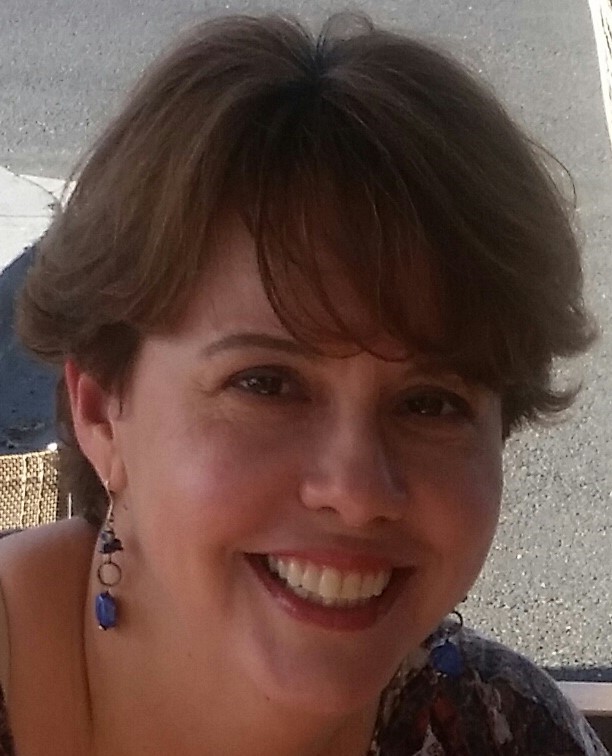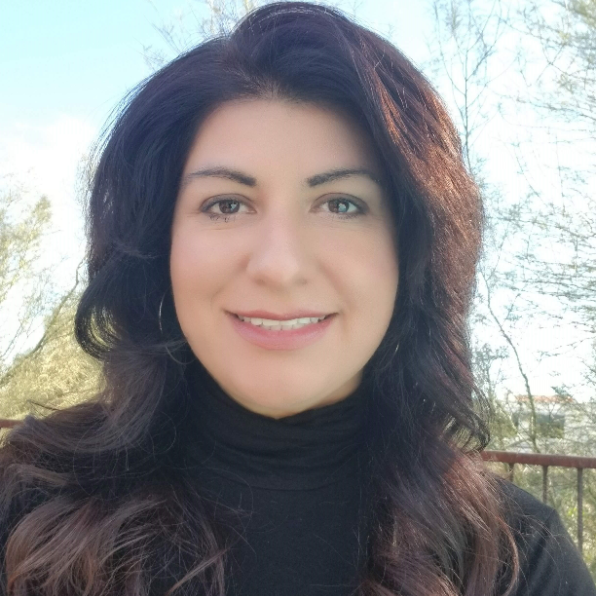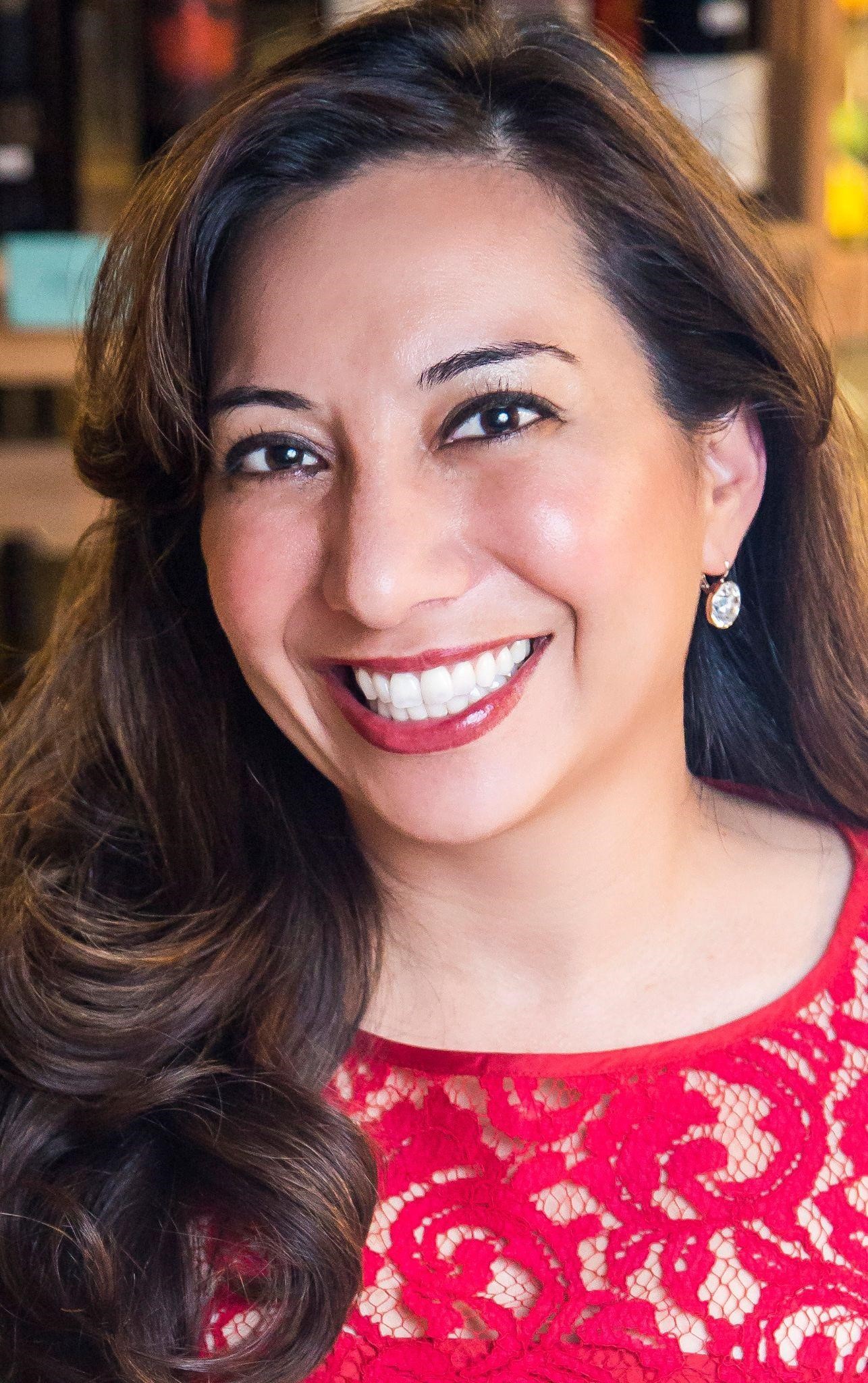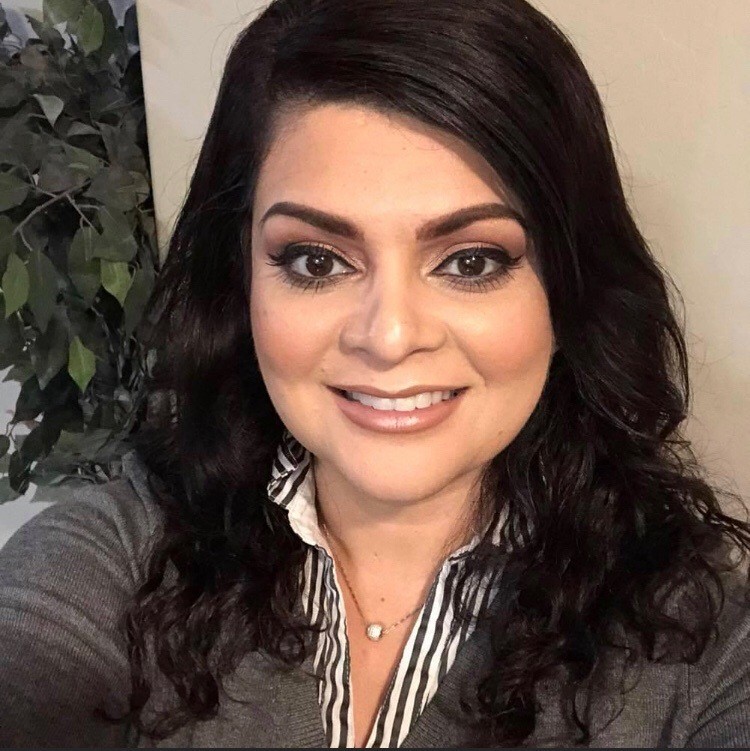Hispanic and Latino social work faculty and alumni reflect on their heritage, work
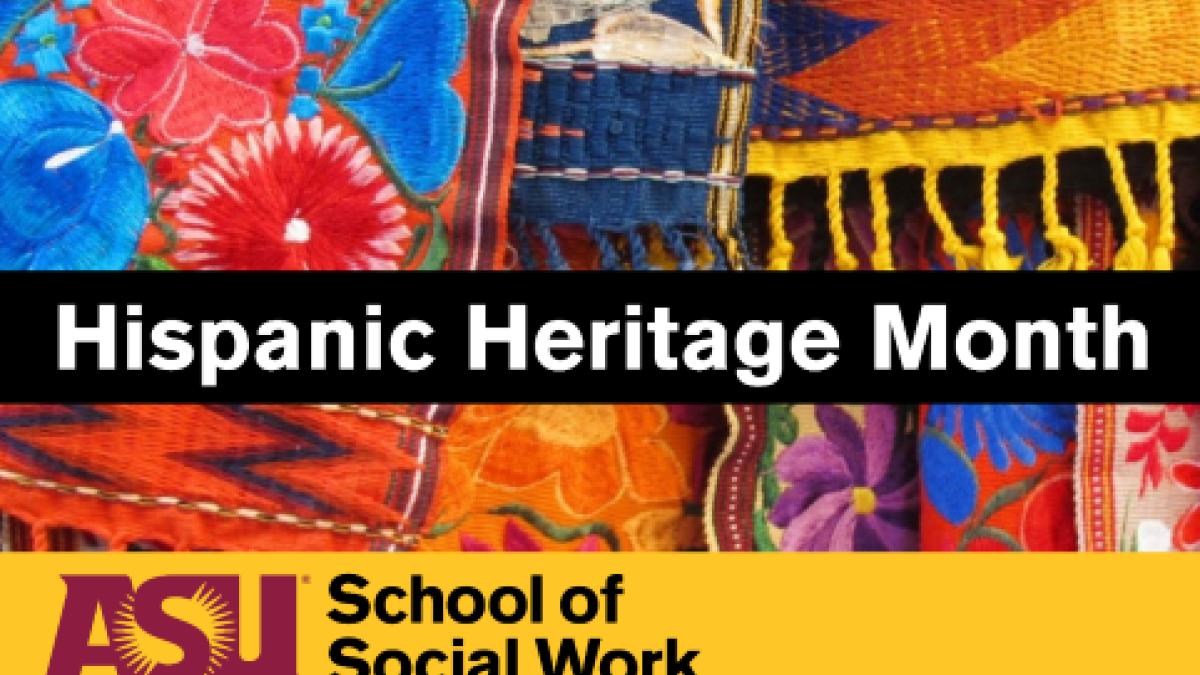
As it celebrates Hispanic Heritage Month, the School of Social Work is recognizing its Hispanic and Latino faculty, students and alumni by sharing a selection of reflections about the diversity of the community, its influential figures and how social workers can support this population.
Arizona State University has scheduled several recognitions and events during the month, which runs Sept. 15 to Oct. 15.
The Watts College of Public Service and Community Solutions, where the School of Social Work is based, held its second Watts Day of Learning on Sept. 24, where faculty, staff and students marked the occasion by engaging in several activities to increase cultural awareness.
Opportunities included attending local events, volunteering or taking part in a learning activity that expands their knowledge of Hispanic and Latino heritage and how it continues to impact society today.>
We asked School of Social Work faculty members and alumni to talk about their heritage, their work, their community and the pride they take in them:
Ivelisse Lopez-Gonzalez
Ivelisse Lopez-Gonzalez, School of Social Work instructor and ASU alumna (MSW '95)
Question: Tell us a little about your current research or practice role.
Answer: I am proud to serve as the faculty director for a Global Intensive Travel Abroad program. It is a unique opportunity for students to immerse themselves in the culture, traditions, history, economy and the people of the region. Students will engage in community-based service-learning projects and learn transborder issues from our colleagues south of the border.
Diversity and inclusion education are my passions. I am fortunate to serve as the lead instructor for the online undergraduate course “Diversity and Oppression in the Social Work Context.” My daily practice strives to expose forms of oppression within social work practice and foster opportunities for School of Social Work students to experience cultures outside of their own.
Q: Talk a little about the diversity of the Latino community. What do you think is the most misunderstood about these communities?
A: I believe a common misconception is that the Latinx community is homogenous. This misunderstanding carries significant weight as we deliver and implement social services, as individuals within the Latinx community are often lumped into one category. Each Latinx community has a breadth and depth of beliefs, practices, values, traditions, history and strengths that warrant our attention and consideration.
Q: The theme of this year’s celebration of National Hispanic Heritage Month is “esperanza” (or “hope”) and invites reflection on all of the contributions Hispanics have made in the past and will continue to make in the future. Who are some of the figures you find most influential in the Latinx community?
A: Latinx immigrants have been the most influential both personally and professionally. I have been profoundly impacted by countless stories of unsung heroes, who despite the unfair treatments received individually and collectively have the strongest work ethic, dedication and grit. Their resiliency inspired me when I was younger, and it continues to inspire me today! The creation of the Pathways to Global Social Work program is largely due to my interest in dismantling the single and often negative narrative portrayed about immigrants and in particular Mexican immigrants.
Q: During this pandemic year, what are you most hopeful about for the Latino community?
A: As an educator, I lay witness to the passion, determination and creativity of the next generation of civil servants. I am hopeful and inspired for the next generation to fight the good fight! I can see the fight in their eyes to utilize every possible innovative way to overcome injustices, address racism and engage in anti-oppressive work.
Q: In what ways can the social work profession deepen its support of the strengths and resilience of the Latino community?
A: Social workers can deepen their support by participating in cultural immersion programs that offer opportunities to work and learn alongside members of the Latinx community. Social workers must evaluate services through a critical and rigorous lens to ensure culturally adapted interventions are being provided to those we strive to serve. Social work professionals must promote inclusion on boards and committees to ensure that diverse voices and lived experiences are at the center of the work of each organization. One must be aware when serving historically marginalized and underserved populations that this work can be challenging at best.
To continue to fight the good fight, we must be thoughtful to establish policies that address caseload sizes and promote the well-being of employees.
Stephanie Lechuga-Peña
Stephanie Lechuga-Peña, School of Social Work assistant professor
Q: Tell us a little about your current research or practice role.
A: My research, teaching and service focus on the educational barriers and facilitators that Latina/o/x youth experience in an effort to close the achievement gap and improve academic outcomes. My research has two primary, intersecting aims: (a) factors contributing to academic outcomes for Latina/o/x youth including parent engagement, Latina/o/x/Chicana/o/x identity and neighborhood influences and (b) culturally responsive interventions with Latina/o/x families.
We developed Your Family, Your Neighborhood (YFYN) in 2012, which supports low-income families as they navigate their children’s experiences in poor-performing schools, barriers and access to health care, and their role in addressing the challenges of living in under-resourced, low-income and subsidized housing neighborhoods across the Denver and Phoenix metropolitan areas.
I conducted a program evaluation of services provided by Valle Del Sol funded by the Sullivan Foundation to examine educational outcomes for students who receive school-based behavioral health services in Phoenix’s Osborn Elementary School District.
I research and publish on factors contributing to academic outcomes for Latina/o/x students, including the effects of after-school programs, exploring bicultural identity of Chicana faculty to support Latina/o/x students in social work, Xicanisma/o and education to inform Latina/o student success, navigating and plugging leaks in the educational pipeline for Latina/o/x students and the role of parent involvement in a child’s academic success.
Q: Talk a little about the diversity of the Latino community. What do you think is the most commonly misunderstood about these communities?
A: I think what is most commonly misunderstood about the Latina/o/x community is that we are a monolith group. The Latinx community is such a diverse community, with diverse experiences. Unfortunately, there are inaccurate generalizations and negative stereotypes made about us. Latinas/os/x have made significant contributions to the economic, social and political success of the United States. Latinas/os/x represent the military's fastest-growing minority group and comprise approximately 16% of all active-duty service members (Barroso, 2019). Agricultural workers are the backbone of the country’s agriculture, and they are a primary reason Americans are able to put food on their tables. Despite the fact that research consistently shows the contributions of Latinas/os/x, both immigrant and U.S.-born, they continue to be stereotyped as criminals, drug lords and predisposed to violence.
Q: In what ways can the social work profession deepen its support of the strengths and resilience of the Latino community?
A: Social work must acknowledge the past and present racist laws and policies targeting Latinas/os/x. Social workers need a more focused examination of the unique forms of oppression Latinas/os/x encounter around language, immigration status and citizenship, education and health disparities.
We must increase our understanding of the Latina/o/x community in order to address this growing population’s needs by:
- Naming racism clearly and researching it directly as a means for understanding how and why Latinas/os/x experience disfranchisement, sub-par wages or come into contact with the child welfare system.
- Creating a curriculum for social work education that is centered on the Latina/o/x experience and cultivating this awareness in training social workers.
- Engaging in research centered on Latinas/os/x.
- Encouraging social workers to confront their unconscious and/or explicit biases and preconceptions of Latinas/os/x in order to be more culturally responsive.
Marisol Diaz
Marisol Diaz, senior research analyst at the Southwest Interdisciplinary Research Center and doctoral student in justice studies
Q: Tell us a little about your current research or practice role.
A: I am a proud Latina researcher, critical race theory scholar, prevention scientist, PhD student and third-generation Arizona native. Currently, I serve as a senior research analyst for the Southwest Interdisciplinary Research Center. In my research, I dedicate myself to challenging systems of oppression and colonization, and calling attention to historical injustices that can help to eliminate health disparities and achieve health equity.
Q: Talk a little about the diversity of the Latino community. What do you think is the most commonly misunderstood about these communities?
A: Growing up in Tucson, I was influenced by community heroes that used their voices to speak up for the Latinx community in powerful ways. Powerhouse musicians and fellow Tucsonans like Linda Ronstadt and Lalo Guerrero (father of Chicano music) inspired me with their music and stories dedicated to preserving the beauty of the Latino language, history and culture.
Q: During this pandemic year, what are you most hopeful about for the Latino community?
A: I am most hopeful for the resilience that we are nurturing as a result of stress or uncertainty. I call upon the wisdom of my ancestors for hope and courage. My mestizo culture and ancestors are my protective blanket, sheltering me, offering resilience and energizing me to plant new seeds that will help rejuvenate my community's spirit and health.
Q: In what ways can the social work profession deepen its support of the strengths and resilience of the Latino community?
A: There is a palpable shift in the narrative around race, health and social injustice. We are starting to see a larger conversation on the impacts of racism and how social determinants of health need to be considered, along with historical context. I think the social work profession can deepen its support of the Latinx community by bridging these difficult dialogues, including reframing the past, correcting mistakes and providing a more inclusive and equitable narrative that serves all of our communities.
Duvia Lozano
Duvia Lozano, program director for Chicanos Por La Causa and School of Social Work alumna (MSW '11)
Q: Tell us a little about your current research or practice role.
A: I am program director at Chicanos Por La Causa LUCES and vice chair of the Ryan White Planning Council. My role is to ensure all people living with HIV/AIDS in Maricopa and Pinal counties have access to high-quality health care and social services with a focus on targeting the Latinx community by utilizing a culturally sensitive approach.
Q: Talk a little about the diversity of the Latino community. What do you think is the most commonly misunderstood about these communities?
A: That individuals from the Latinx community are one homogenous group. Being Hispanic is not an ethnic group as most individuals think; it’s a cultural term. The term “Hispanic” refers to anyone originating from a Spanish-speaking country, and this extends along a wide range of ethnicities, cultural traditions, regional dialects, political and social backgrounds.
Q: The theme of this year’s celebration of National Hispanic Heritage Month is “esperanza” (or “hope”) and invites reflection on all of the contributions Hispanics have made in the past and will continue to make in the future. Who are some of the figures you find most influential in the Latinx community?
A: Cesar Chavez and Dolores Huerta are two civil rights movement activists that are historical icons for the Latinx community and have influenced our community heavily through the United Farm Workers movement. They led the fight for racial and labor justice that included better working conditions for farmworkers and the rights of vulnerable individuals. They empowered a generation of immigrants to stand up for their rights and also taught Latinx individuals about the power of political organizing to effect change.
Q: During this pandemic year, what are you most hopeful about for the Latino community?
A: I am most hopeful that as social workers we will help build trust through education in the Latinx community with regards to the safety and efficacy of the COVID-19 vaccines. I am hopeful that as social workers we will advocate for vulnerable Latinx individuals to ensure this population has access to technology, financial resources, education, physical and mental health services, and resources that address substance abuse and violence.
Q: In what ways can the social work profession deepen its support of the strengths and resilience of the Latino community?
A: Culturally competent social work practice with Latinos is crucial for ensuring effective access for and service delivery to this population. Cultural competence requires continuous development of social workers’ cultural sensitivity, awareness, knowledge and skills. As social workers, we must increase our cultural competence by recognizing gaps in knowledge and making efforts to address them. In developing our knowledge and skills, we must always consider how well social workers are incorporating knowledge and understanding of both the distinctive cultural patterns and disadvantaged status of Latinos into their work.
Compiled by Morgan Carden, student worker, School of Social Work.
More Arts, humanities and education
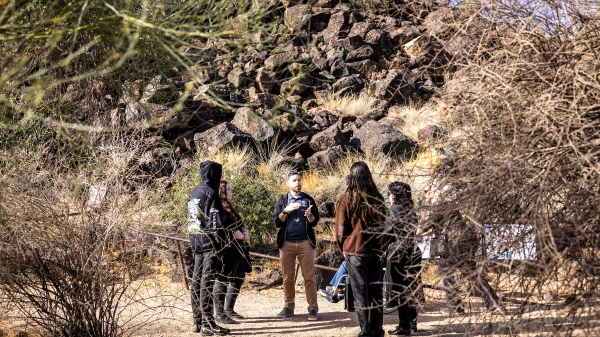
Petroglyph preserve celebrates 30th anniversary with ancient, modern tales
The Deer Valley Petroglyph Preserve provides a beautiful walk through a pristine desert where chuckwalla lizards are as plentiful…
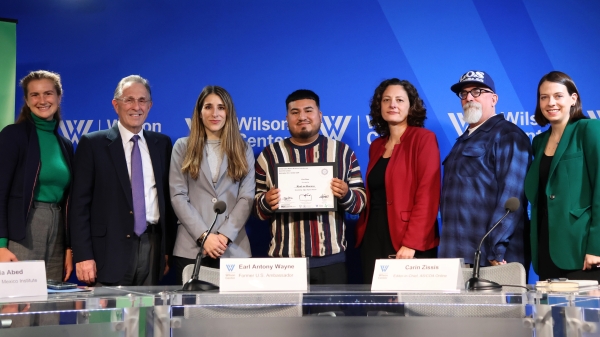
Kaleidoscope short film contest inspires powerful binational filmmaking in its second year
“We come to this country not to steal anybody’s jobs but to take advantage of the opportunities that the rest ignore. We’ve been…

ASU's Neal Lester reflects on life, death of poet Nikki Giovanni
When Neal Lester heard on Monday that poet and activist Nikki Giovanni had died, the news hit hard.Lester, the founding director…
